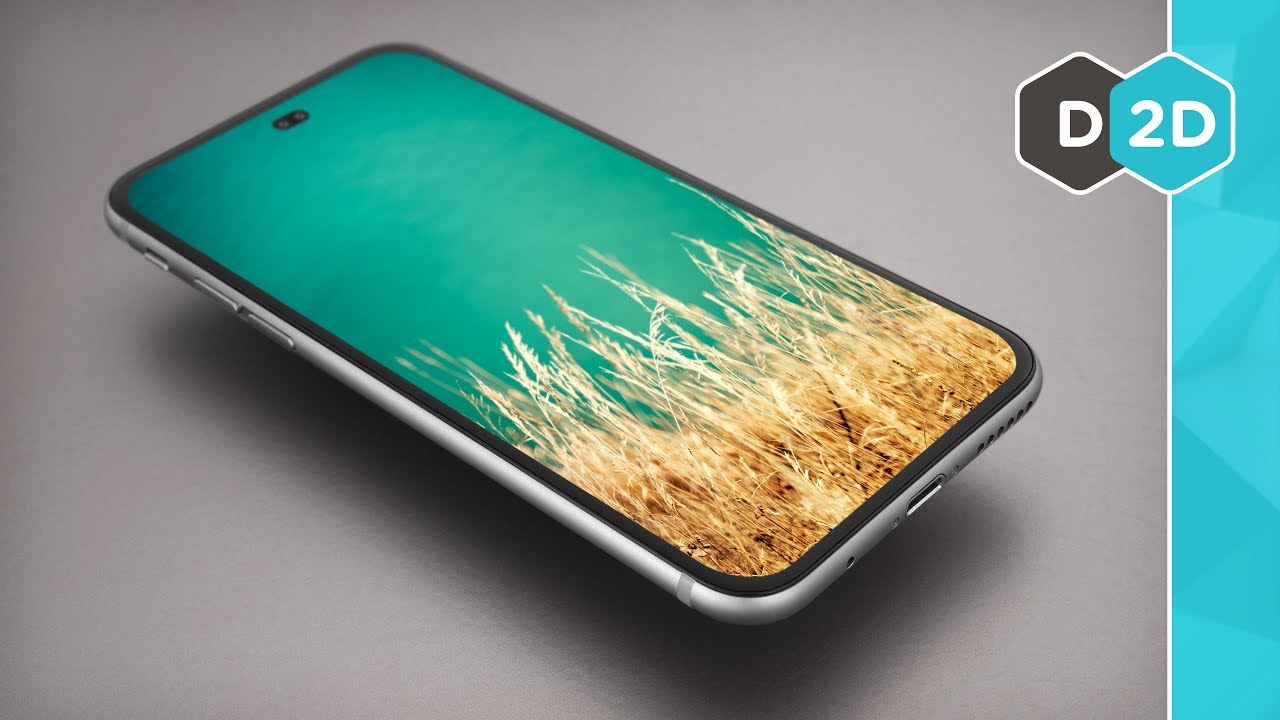Technology has made its way into every nook and cranny of our lives over the past decade, and there’s no reason to think that trend’s about to stop now. As we roll into the ‘20s, Apple has positioned itself at the forefront of a bunch of different technological niches, but one place that it seems to be putting an especial amount of attention in the year ahead is smart home technology.
Apple’s no newbie to the market, of course. HomeKit, the company’s smart home framework, has been around since 2014, and though it was slow to take off, a few key changes have helped it become more popular as the years have gone on.
That said, there’s a lot of competition in the smart home arena, which can mean extra complications when the field is growing so fast: fragmentation, problems with interoperability, and so on. But, in a rare move for Apple, it seems as though the company is moving to combat those problems head on…by working with others.
CHoIPs
In December 2019, Apple announced that it would be joining major smart home players like Amazon, Google and the Zigbee Alliance (which itself includes several big companies, like Sony, Samsung SmartThings, IKEA, and Signify) to create a new industry working-group, the Project Connected Home Over IP. Though the name may be about as resonant as a mouthful of marbles, the idea behind it is sound: unify the frameworks used for controlling smart home tech so that devices work better together.
Unlike some existing smart home tech systems, the Connected Home project—as its name suggests—will be built on top of the existing Internet Protocol (IP) system, i.e. the way most technological devices already communicate. In theory, that could help reduce the need for intermediary hub devices, as well as enable more peer-to-peer connections among devices themselves. And because the project uses tech that’s already been built out by many of the working group’s members, it should be something that many existing smart home devices can take advantage of.
Apple’s not always the best at playing well with others, so the company’s full-throated endorsement of this project is a positive sign. Unlike other markets Apple has entered, the company’s probably not going to dominate this one, not least of all because it doesn’t currently compete in most of the smart home tech categories, like switches, lighting, or appliances. But the company does want all of those devices made by others to work with Siri and the Home app—and sometimes that means swallowing your pride and ensuring that everything works just as well for the products of your competitors.
What happens in Vegas
 somchaij/iStock
somchaij/iStockThe Consumer Electronics Show starts next week in Las Vegas. HomeKit-enabled devices could be making a splash at the show.
Over the past several years, Apple has generally avoided participating—in an official capacity, at least—at the annual Consumer Electronics Show in Las Vegas. (As someone who…
https://www.macworld.com/article/3512142/in-2020-apple-is-poised-to-push-homekit-forward.html#tk.rss_all
















